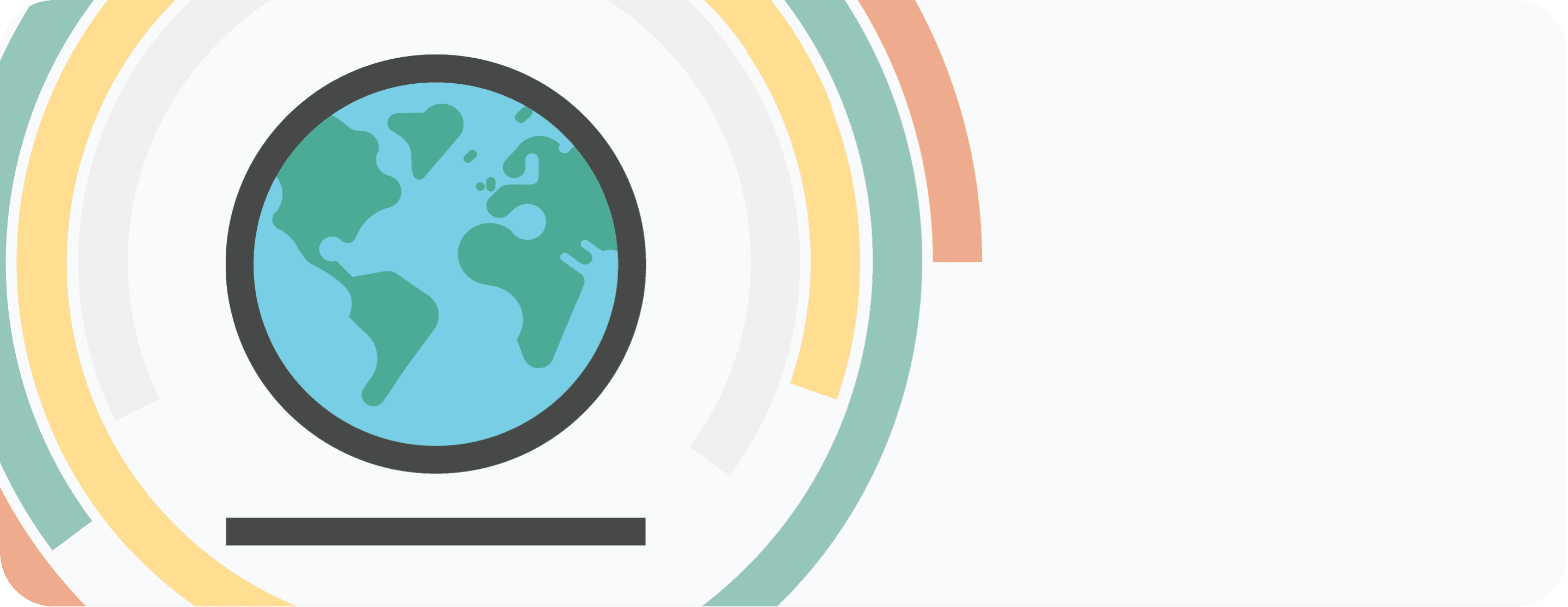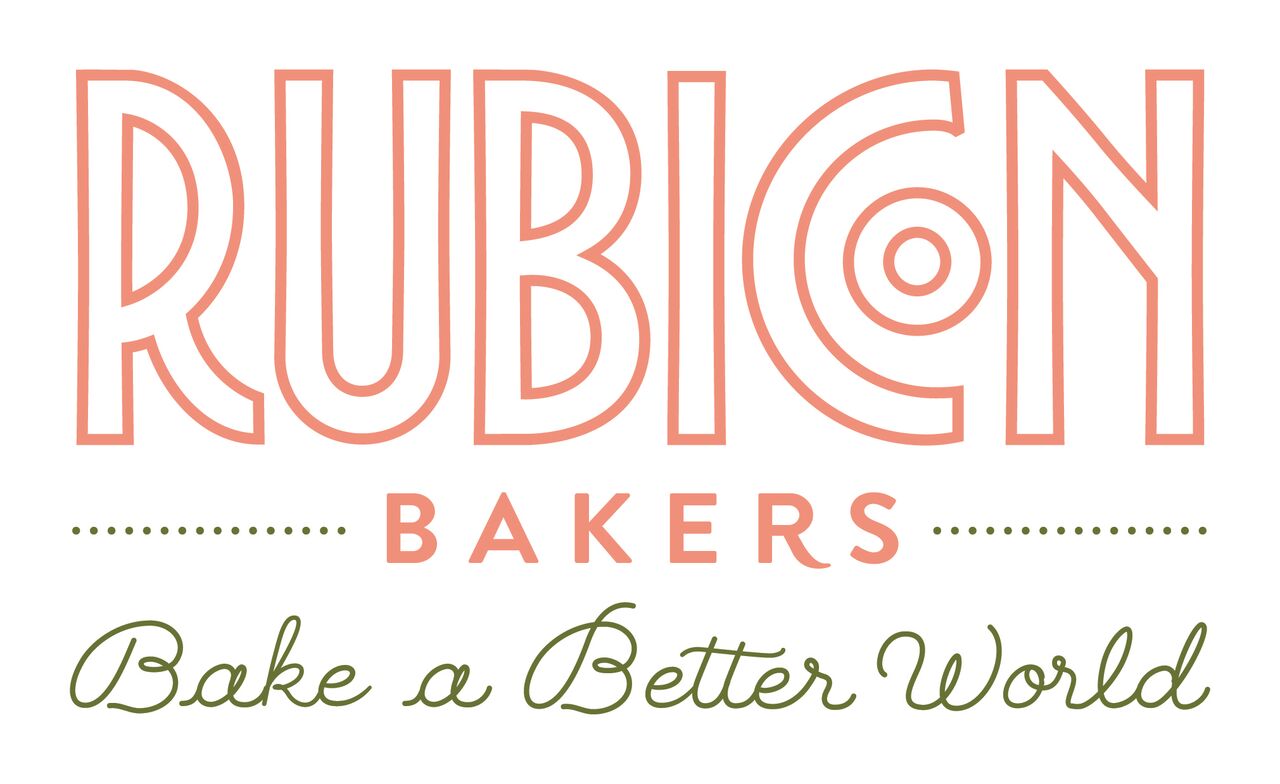

Rubicon Bakers

California, United States
April 2012
Food products
Manufacturing
United States
Rubicon Bakers are turning their lives around with every cake, cupcake, cookie, and muffin they bake. Rubicon Bakers was founded in Richmond, California in 1993 and for over 25 years has helped rebuild lives by employing, training, and supporting people who need a second chance. Many employees come to Rubicon from life on the streets, from prison or recently recovered from substance abuse. Rubicon Bakers gives each and every one of them the opportunity to thrive, offering health benefits, paid vacation, sick leave, and advancement opportunities. More than just a bakery, Rubicon Bakers is spreading compassion to build a strong and empowered community. Now employing more than 200 bakers, Rubicon Bakers makes the most delightful, scratch-made, hand-finished cakes, cupcakes, cookies and muffins on the market today. They use only all-natural, clean ingredients to create their baked goodness, never any artificial colors, flavors, or preservatives. Now with a product line of over 50 SKUs available in over 2,500 retail locations nationwide, Rubicon Bakers is baking a better world each day.
Overall B Impact Score
Governance 13.1
Governance evaluates a company's overall mission, engagement around its social/environmental impact, ethics, and transparency. This section also evaluates the ability of a company to protect their mission and formally consider stakeholders in decision making through their corporate structure (e.g. benefit corporation) or corporate governing documents.
What is this? A company with an Impact Business Model is intentionally designed to create a specific positive outcome for one of its stakeholders - such as workers, community, environment, or customers.
Workers 28.1
Workers evaluates a company’s contributions to its employees’ financial security, health & safety, wellness, career development, and engagement & satisfaction. In addition, this section recognizes business models designed to benefit workers, such as companies that are at least 40% owned by non-executive employees and those that have workforce development programs to support individuals with barriers to employment.
What is this? A company with an Impact Business Model is intentionally designed to create a specific positive outcome for one of its stakeholders - such as workers, community, environment, or customers.
Community 17.6
Community evaluates a company’s engagement with and impact on the communities in which it operates, hires from, and sources from. Topics include diversity, equity & inclusion, economic impact, civic engagement, charitable giving, and supply chain management. In addition, this section recognizes business models that are designed to address specific community-oriented problems, such as poverty alleviation through fair trade sourcing or distribution via microenterprises, producer cooperative models, locally focused economic development, and formal charitable giving commitments.
Environment 19.1
Environment evaluates a company’s overall environmental management practices as well as its impact on the air, climate, water, land, and biodiversity. This includes the direct impact of a company’s operations and, when applicable its supply chain and distribution channels. This section also recognizes companies with environmentally innovative production processes and those that sell products or services that have a positive environmental impact. Some examples might include products and services that create renewable energy, reduce consumption or waste, conserve land or wildlife, provide less toxic alternatives to the market, or educate people about environmental problems.
What is this? A company with an Impact Business Model is intentionally designed to create a specific positive outcome for one of its stakeholders - such as workers, community, environment, or customers.
Customers 4.2
Customers evaluates a company’s stewardship of its customers through the quality of its products and services, ethical marketing, data privacy and security, and feedback channels. In addition, this section recognizes products or services that are designed to address a particular social problem for or through its customers, such as health or educational products, arts & media products, serving underserved customers/clients, and services that improve the social impact of other businesses or organizations.